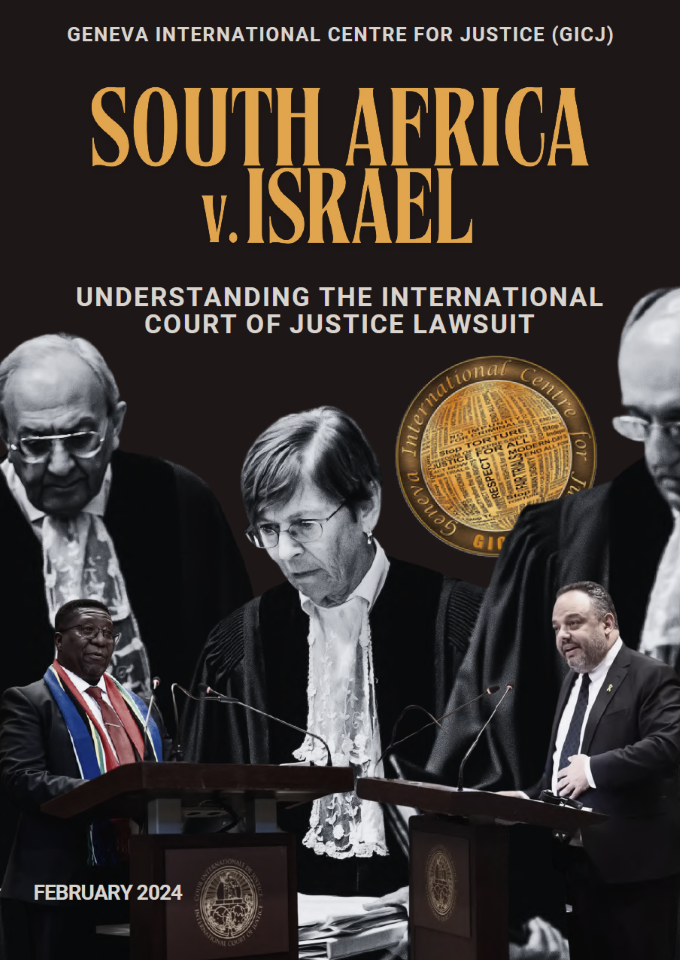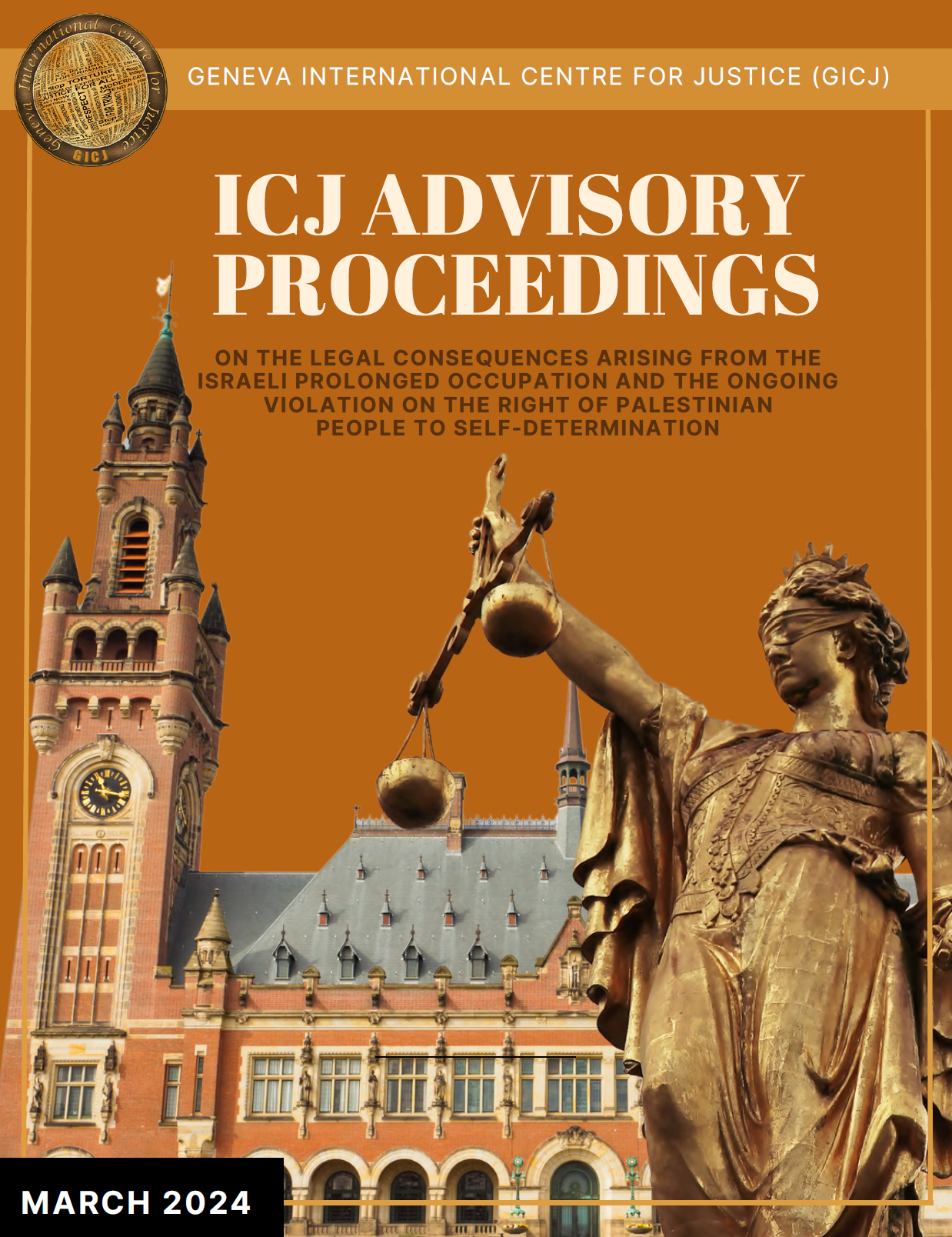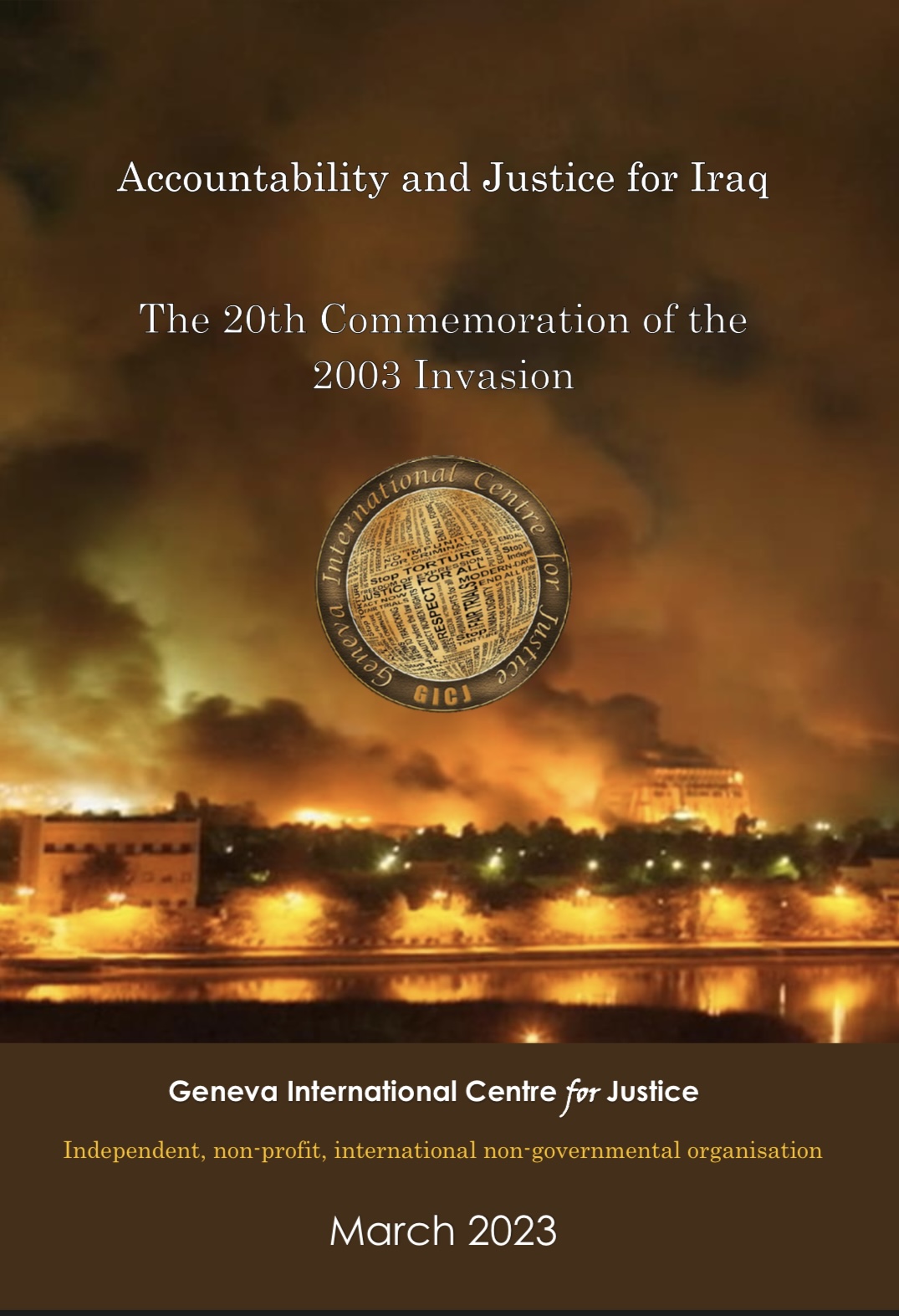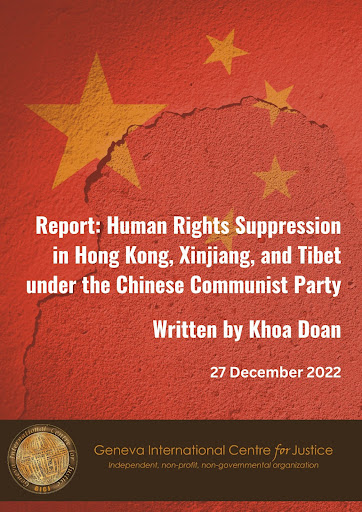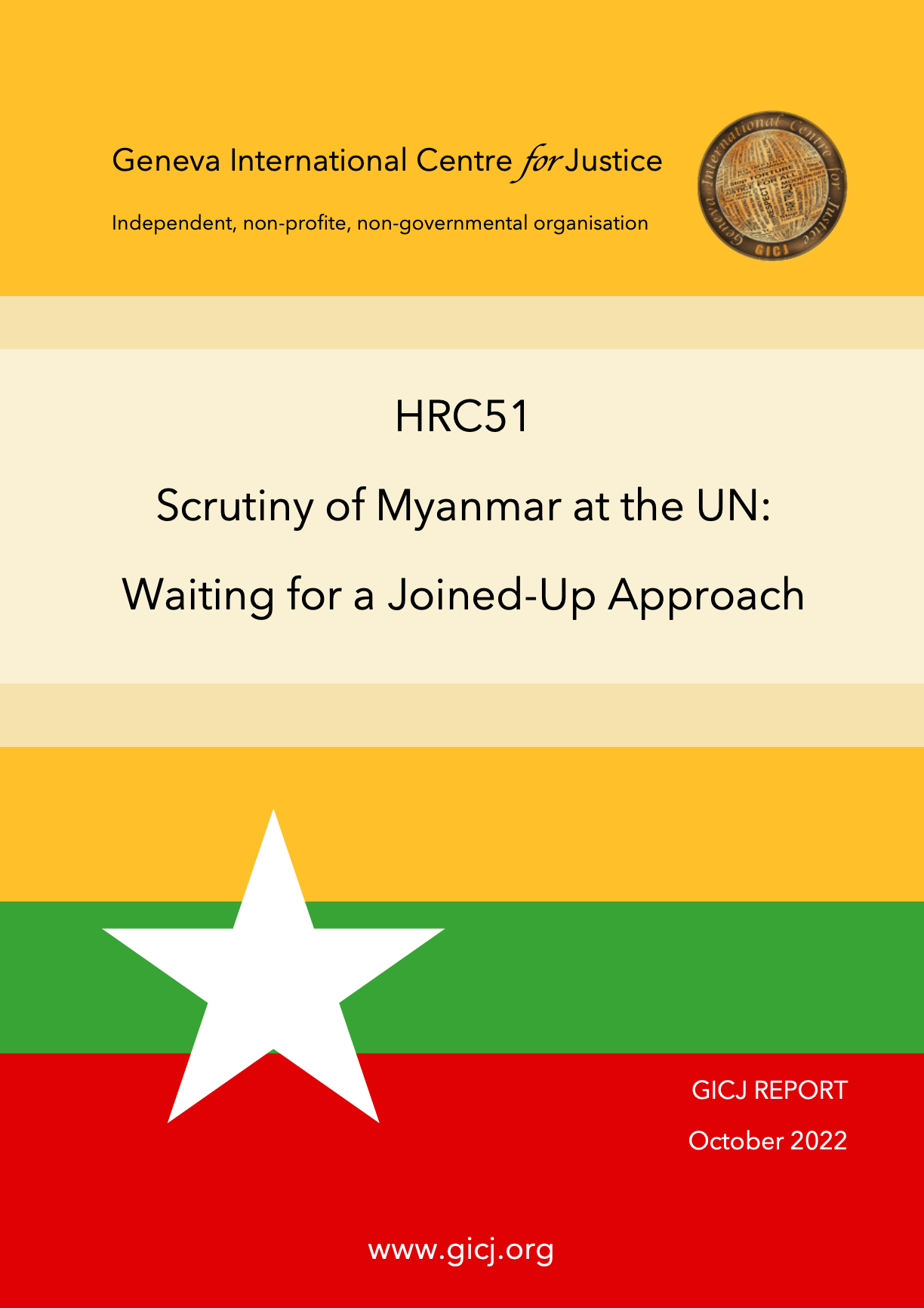By Farah Caïdi / GICJ
The United States of America, along with Norway, introduced a draft resolution to the Human Rights Council, calling for a debate to be held on the “situation of human rights in the Xinjiang Uyghur Autonomous Region”, following the release of the report of the same name last August. The vote on this long awaited resolution may have inspired some hope.
Its only flaw? It was introduced by the United States and only sponsored by western countries…
This has obviously caused China to denounce the politicisation of this draft resolution. On the 6th of October, before the vote, China recalled that it never recognised the report of the High Commissioner on human rights in Xinjiang. They reiterated that they consider the report a breach to their sovereignty and a ”fabric of lies”, despite the numerous credible evidence brought to light for years now.
Special credits must be given to Muslim country members of the council. Only one voted in favour of the resolution (Somalia). Indonesia, Qatar and Pakistan even took the floor to lamentably justify their vote against. Indonesia, in particular, declared how its country was at the forefront of defending its Muslim’s brothers and sisters’ best interests, only to vote against.
A point of consensus is that all Southern States agreed on denouncing the double standard of some States in the Human Rights Council, and the lack of real weight they have in the face of the double-standard’s games played by powerful nations, like the USA.
Geneva International Centre for justice (GICJ) would like to remind the States that, to be a leader, you need to take strong and courageous steps. This was the occasion for southern countries, especially Muslim countries, to bring a resolution to the table and build a coalition around them. GICJ has always condemned the lack of consistency in the US positions. However, this time, the US has the credit of having done something for Uyghur victims while Muslim countries have stayed silent.
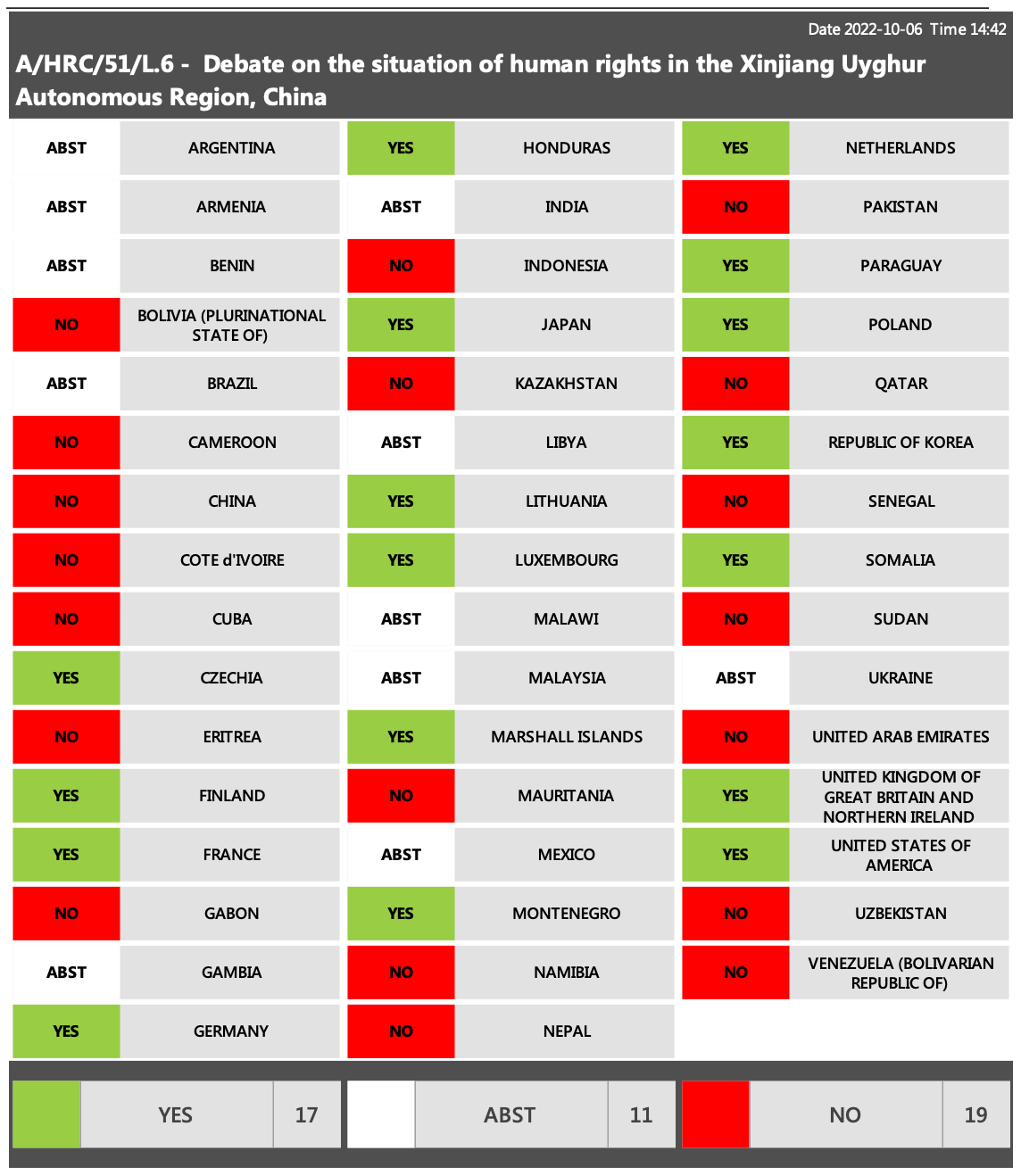
Uyghur, Uyghur Genocide, Xinjiang, XUAR, china, PRC, genocide, cultural genocide, Oppression, human rights, violation, geneva, justice, Geneva4Justice, GICJ, geneva international centre for justice








